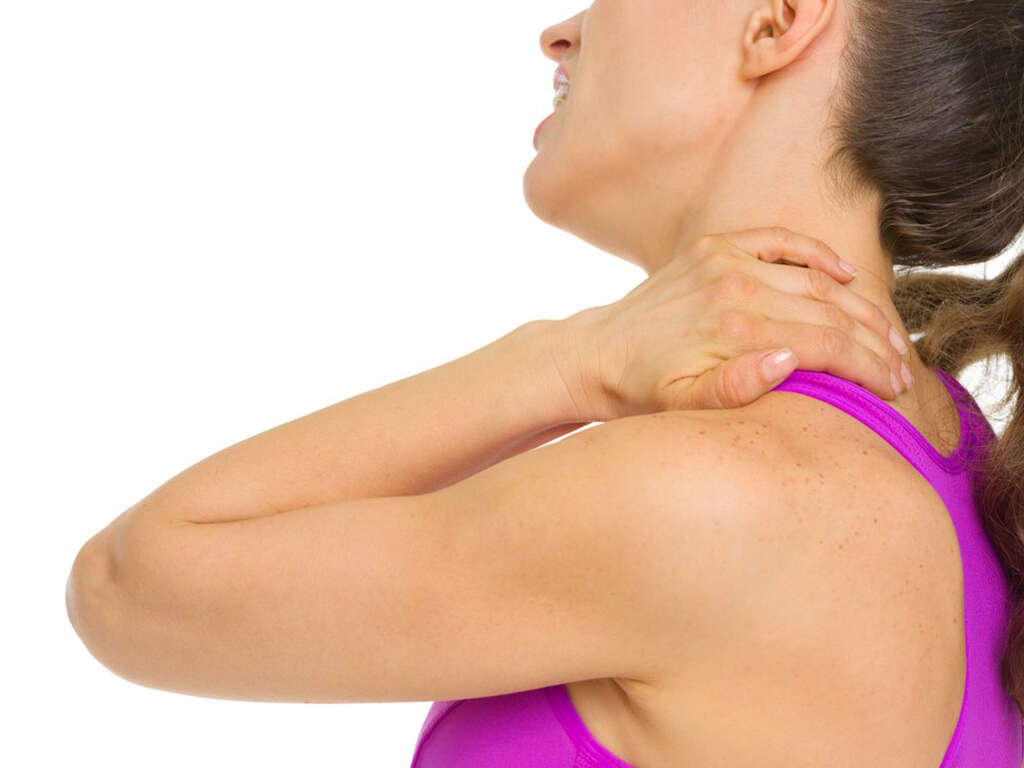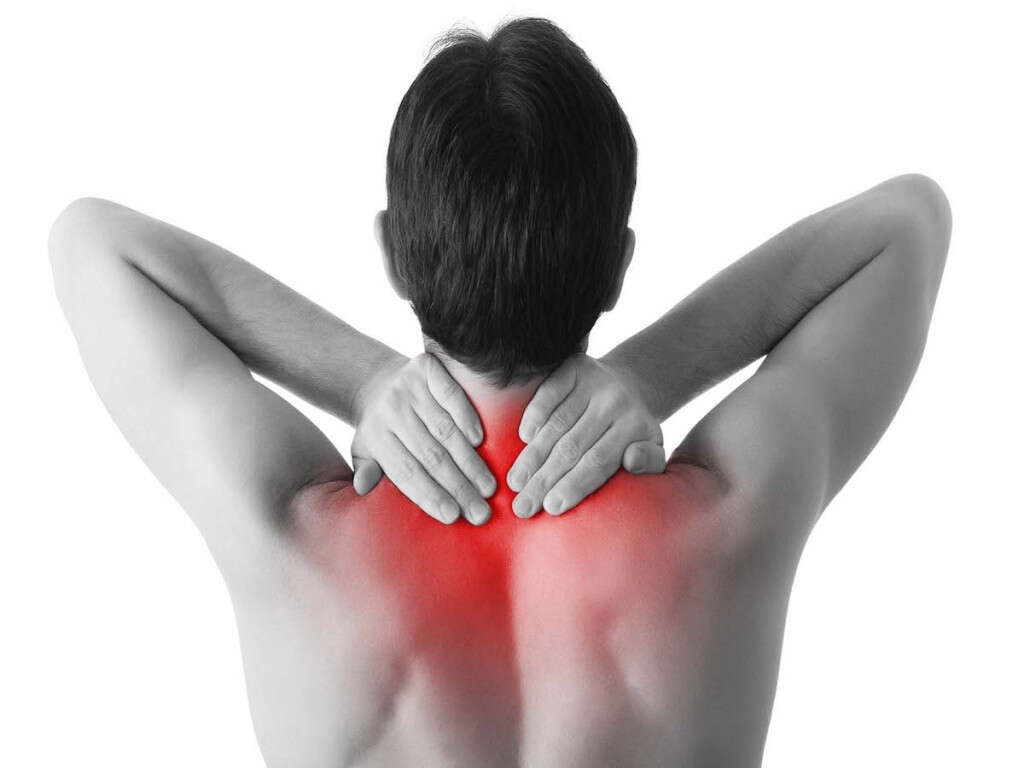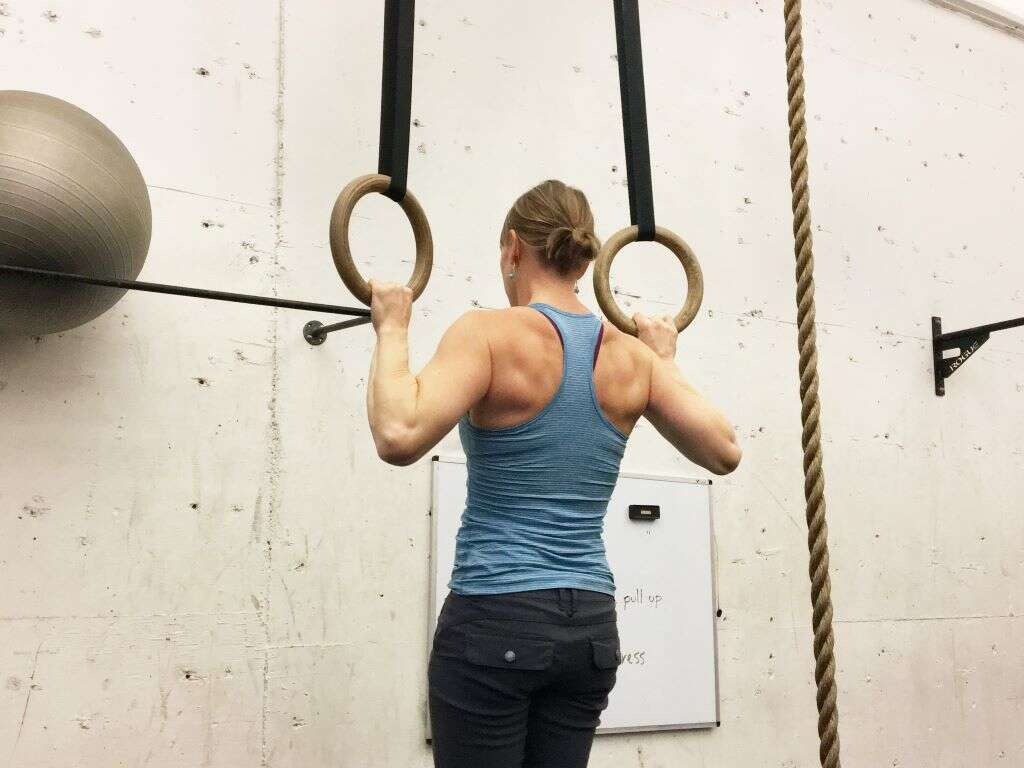10 Torn Rotator Cuff Symptoms
At the top of our arms where they meet with our shoulders is a group of muscles and tendons known collectively as the rotator cuff. These help to strengthen the joint and give us the power and flexibility that we need. The muscles are prone to tearing, however, in what is known as a torn rotator cuff.
Such injuries are most common among sporting people, but they can happen to just about anybody. They can be painful as well as causing other symptoms.
Depending on the severity of the tear, it will heal naturally over time. However, severe tears may require the need for surgery. This article looks at 10 torn rotator cuff symptoms.

Symptom #1: Pain When Reaching Overhead
Our long arms have been very useful to us as we have evolved. They have helped us to climb when needed and grasp for fruits or other food. As modern humans, our long arms help us to reach out to things around us that are useful to us. They also help us to reach up high above us, but this is not always easy.
One symptom of a rotator cuff problem is that the patient can feel some discomfort when reaching overhead. They don’t necessarily have to be holding anything heavy, just the act of reaching itself can be enough to cause pain.

Symptom #2: Limited Range
The shoulder joint has evolved in such a way that it allows an impressive range of movement. This flexibility has given us numerous evolutionary advantages and is one of the reasons why we have become the dominant species on Earth. We can also usually move it with ease, but this is not always the case.
If you have a rotator cuff problem then it will be a lot more difficult for you to move the arm in its full range. You may still be able to move it, but you won’t be able to move it to the same extent you usually could. If you do suffer from a limited movement range in this way then you should arrange to get it checked out.
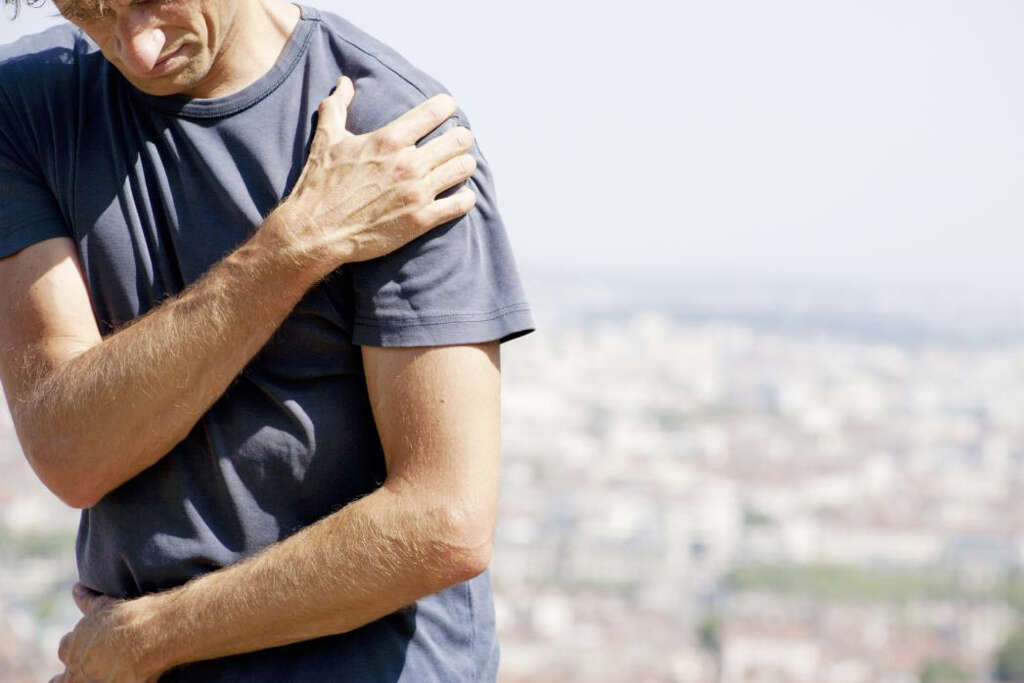
Symptom #3: Difficulty Sleeping on Shoulder
Most of us have a preferred position that we tend to sleep in. The positions can vary considerably from person to person but, still, each person will tend to sleep in the same position each night, although they will shift their position occasionally. We also tend to sleep on the same side, but we might sometimes be prevented from doing so.
Somebody with a torn rotator cuff can find that they have difficulty sleeping on that side of the body. It can make it difficult for them to sleep at all as they struggle to find a position that is comfortable for them.

Symptom #4: Pain
Pain is generally a response to damage to our bodies, or something that might be about to cause damage. It is perhaps the most unpleasant experience that we are likely to encounter, but we should hopefully not experience it too often. It can also be caused by various medical conditions, and a torn rotator cuff is one of them.
The pain is likely to be at its worst when we are moving our shoulder. However, it is not only when the shoulder is being used when the patient will feel this pain, as it can cause pain even when the patient is at rest.

Symptom #5: Popping Sensation
We will quite often hear noises coming from our bodies, especially as we get older and things aren’t running as smoothly as they once did. These creaks and groans often come from our joints as different parts of the body rub together. People are also quite likely to experience such noises if they have sustained a torn rotator cuff.
With the rotator cuff injured, the joint is not likely to be operating as smoothly as it usually would. This can cause parts to become slightly misplaced. This, in turn, can lead to a sensation that patients often describe as “popping.” The patient might also sometimes hear an audible “popping” sound.

Symptom #6: Frozen Shoulder
The joints in our bodies, including those in our shoulders, work so smoothly that any engineer would be proud to call the work their own. Of course, the joints have not been “constructed” as such but are rather the result of many millions of years of evolution.
As impressive as these joints are, however, they are not immune from experiencing problems in their functionality. In the case of an injury such as a torn rotator cuff, the damage can prevent the joint from moving as required. This can cause it to lock up, leaving the patient unable to move it at all.

Symptom #7: Pain Worse at Night
Most pains only last for a fairly short period of time. They tend to start off at their worst at the time the injury occurs and gradually decrease in severity over time. Depending on the type of injury, the pain can be quite persistent and can also linger. Some pains can also ebb and flow in terms of their severity.
In cases of a torn rotator cuff, the patient will often find that the pain will increase in severity at night time. This can be particularly inconvenient as it can prevent the patient from getting enough sleep at night. If needed, a doctor may be able to prescribe something to make the patient feel more comfortable.

Symptom #8: Trouble Scratching Back
No part of our body is immune to feeling itchy from time to time, and this includes our backs. It is one of the most difficult parts to scratch because we have to reach behind to access it. We can still usually just about make it, though, even if we have to use a back scratcher.
A torn rotator cuff, however, can limit our mobility to the extent that the patient is unable to reach their back. This can be awkward if they do get an itchy back, while it can also make it difficult for the patient to wash thoroughly.
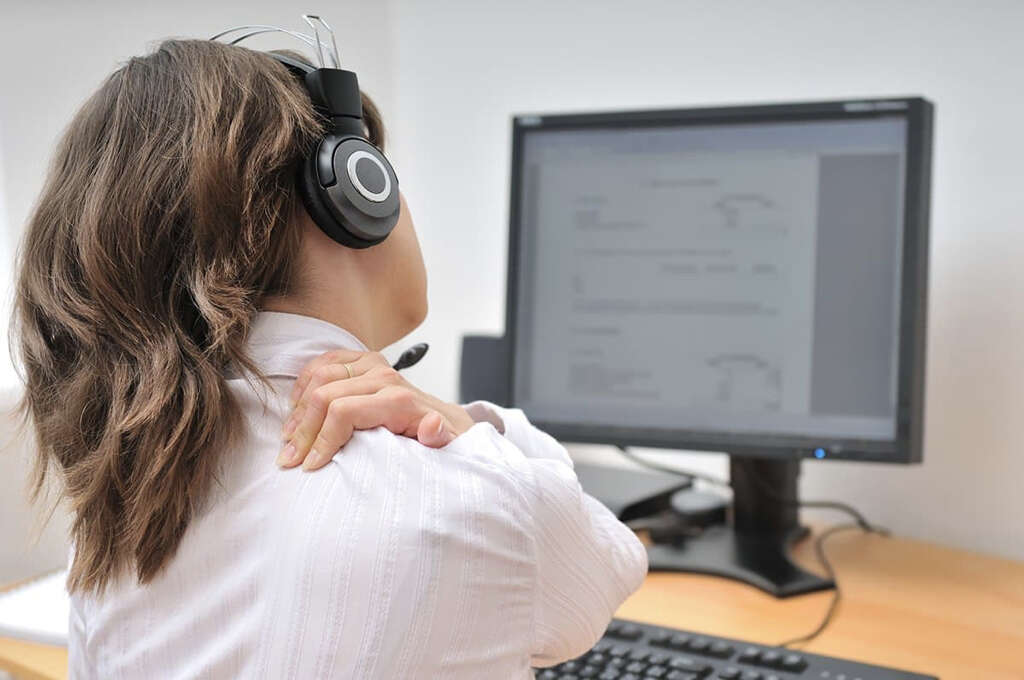
Symptom #9: Weakening Shoulder
Our shoulders are called on to do a lot of work quite often and are one of the main power sources when it comes to heavy lifting. The rotator cuff area includes a number of strong muscles to help give us this strength. However, we can lose some of this strength if the rotator cuff is torn.
It’s not necessarily that the muscles become weaker, but the tear means that the joint as a unit becomes weaker overall. In addition, the patient can find that the shoulder gradually gets increasingly weaker as time goes by. Surgery should hopefully be able to restore the joint to its full strength.

Symptom #10: Weakness in Hands
Although a tear of the rotator cuff will not cause issues with the hand directly, perhaps hand strength could be limited after a rotator cuff tear due to a certain type of pain response. This weakness is temporary and more neurological. Essentially it is our body’s way of “shutting down” an area that is injured in order to avoid more injury.
Our ability to grip tightly onto objects has been a considerable evolutionary boon for us. The muscles that control the hand are not found in the hand itself, but in the arms. Muscles in the arms contract, pulling on tendons that then cause the fingers to close. The patient should hopefully recover to full strength after the injury has been treated.








